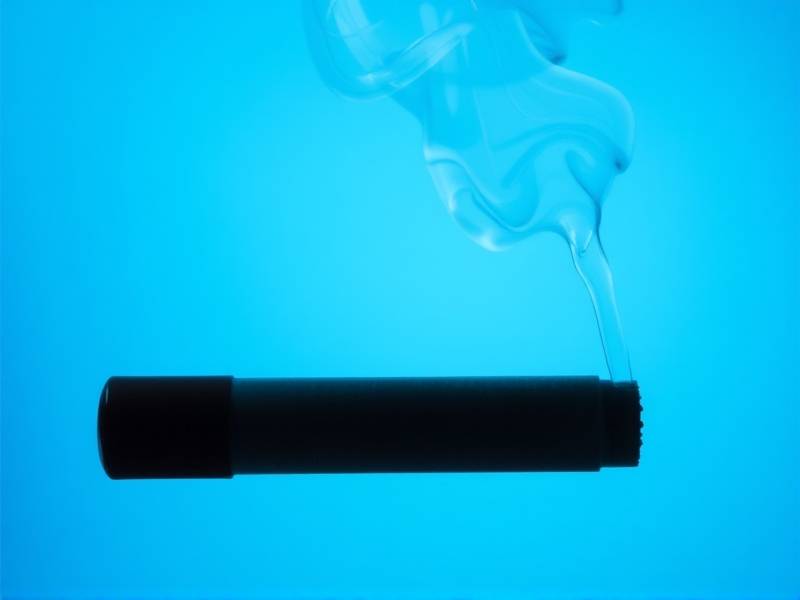Why You Really Need to Quit Smoking Before Surgery
The Essential Reason to Quit Smoking Before Undergoing Surgery
Introduction: Surgery is a significant decision that requires careful planning and preparation. While many people focus on the physical aspects of surgery, one crucial factor often overlooked is the importance of quitting smoking before undergoing the procedure. In this article, we will explore why it is imperative to quit smoking before surgery and how it can significantly impact your recovery process.
1. Reducing Complications and Risks

One of the primary reasons why quitting smoking before surgery is vital is the reduction in complications and risks associated with smoking. Smoking has been linked to various health issues, including weakened lungs, poor blood circulation, and increased inflammation. These factors can complicate surgical procedures and slow down the healing process.
According to the American Lung Association, smoking can delay wound healing, increase the risk of infection, and even lead to prolonged hospital stays after surgery. By quitting smoking before surgery, you are taking a significant step towards minimizing these risks and ensuring a smoother recovery.

2. Improving Oxygen Supply
Smoking affects your body's ability to transport oxygen efficiently. When you quit smoking before surgery, your blood vessels begin to dilate, allowing for improved oxygen supply throughout your body. This enhanced oxygenation supports faster healing and reduces fatigue during recovery.
A study published in The Lancet found that patients who quit smoking at least six weeks before surgery had better overall outcomes compared to those who continued smoking. By improving oxygen supply, quitting smoking can make a substantial difference in your postoperative recovery.
3. Enhancing Medication Efficacy
Many surgical procedures require anesthesia or pain management medications during and after the operation. Smoking can reduce the effectiveness of these medications by affecting how they are metabolized in your body.
According to research from The Journal of Clinical Anesthesia, nicotine from cigarettes can interfere with anesthesia's ability to induce unconsciousness and may also prolong recovery time from anesthesia-induced side effects. Quitting smoking before surgery ensures that your medication regimen works optimally for pain management and overall comfort during recovery.
4. Boosting Immune System Function
The immune system plays a critical role in fighting off infections during recovery from surgery. Smoking weakens the immune system by reducing white blood cell counts and compromising its ability to respond effectively to pathogens.
By quitting smoking before surgery, you give your immune system a chance to strengthen itself, reducing the risk of postoperative infections that could further delay healing or lead to complications.
Conclusion:
In conclusion, quitting smoking before undergoing surgery is essential for reducing complications, improving oxygen supply, enhancing medication efficacy, and boosting immune system function during recovery. While it may seem challenging at first, taking this step can significantly improve your surgical outcomes and overall well-being.
Remember that it's never too late to quit smoking—your body will start reaping benefits immediately upon discontinuing this harmful habit. Consult with your healthcare provider for guidance on effective cessation strategies tailored specifically for you. Your decision today can pave the way for a healthier tomorrow!
